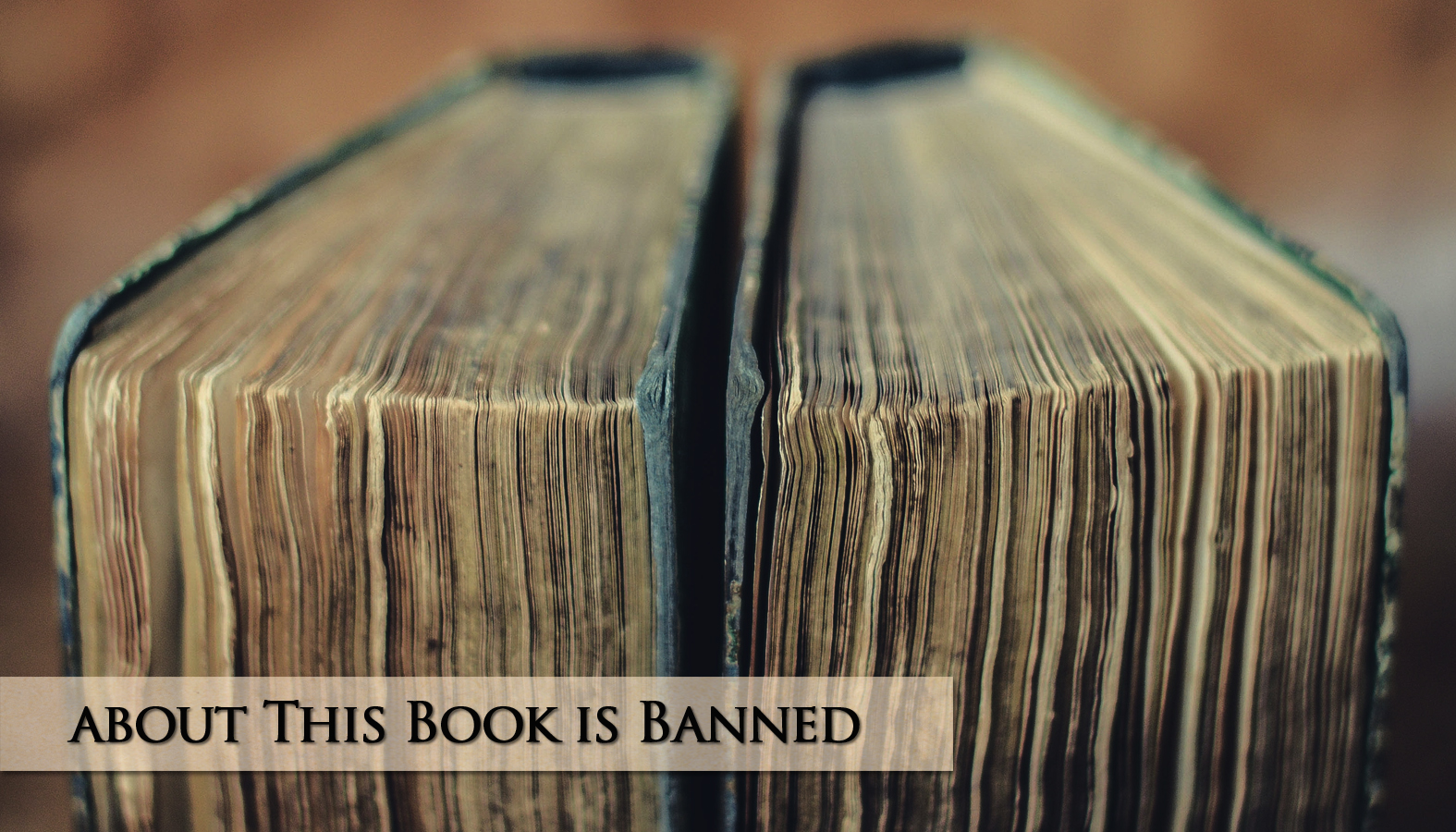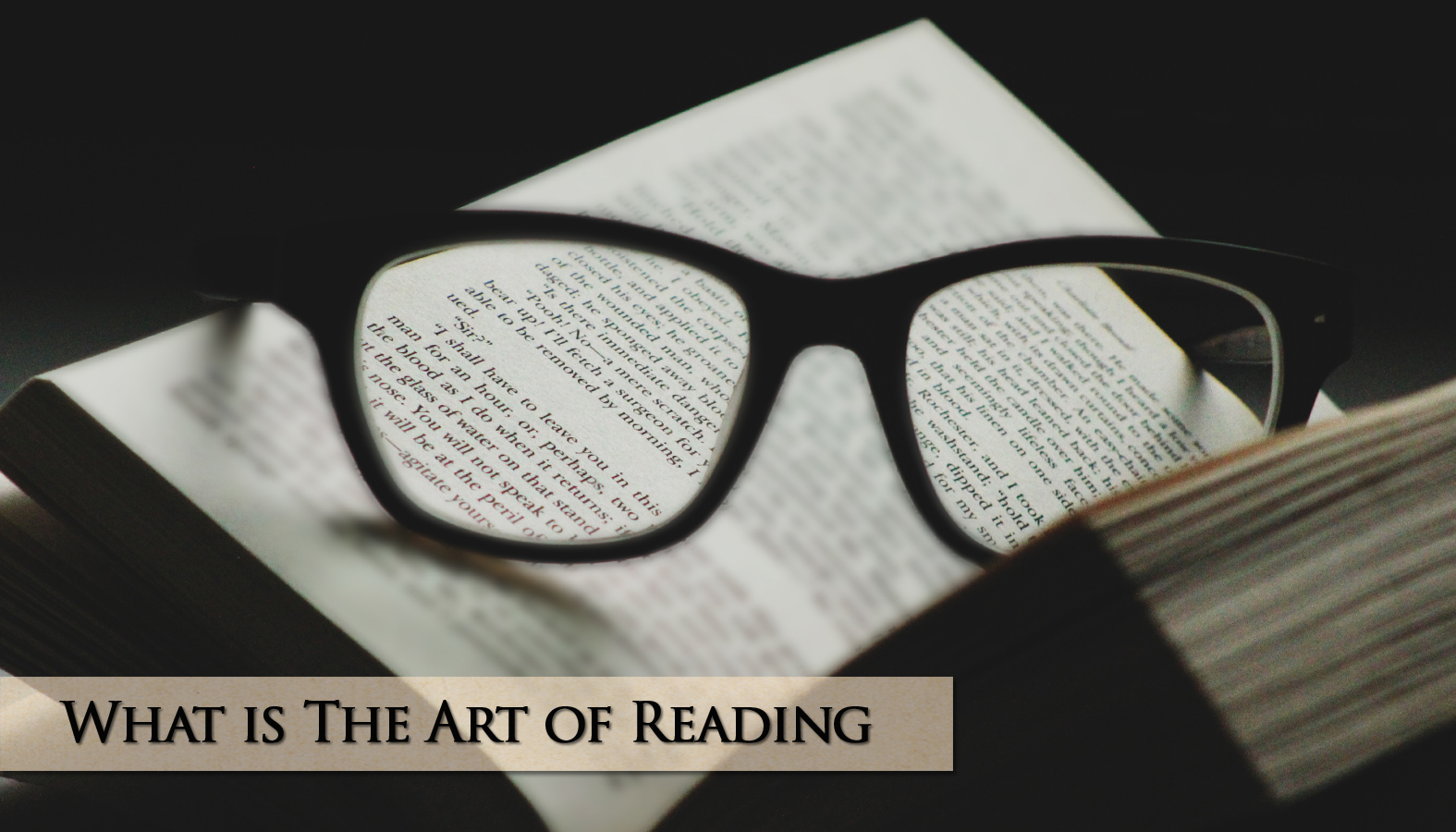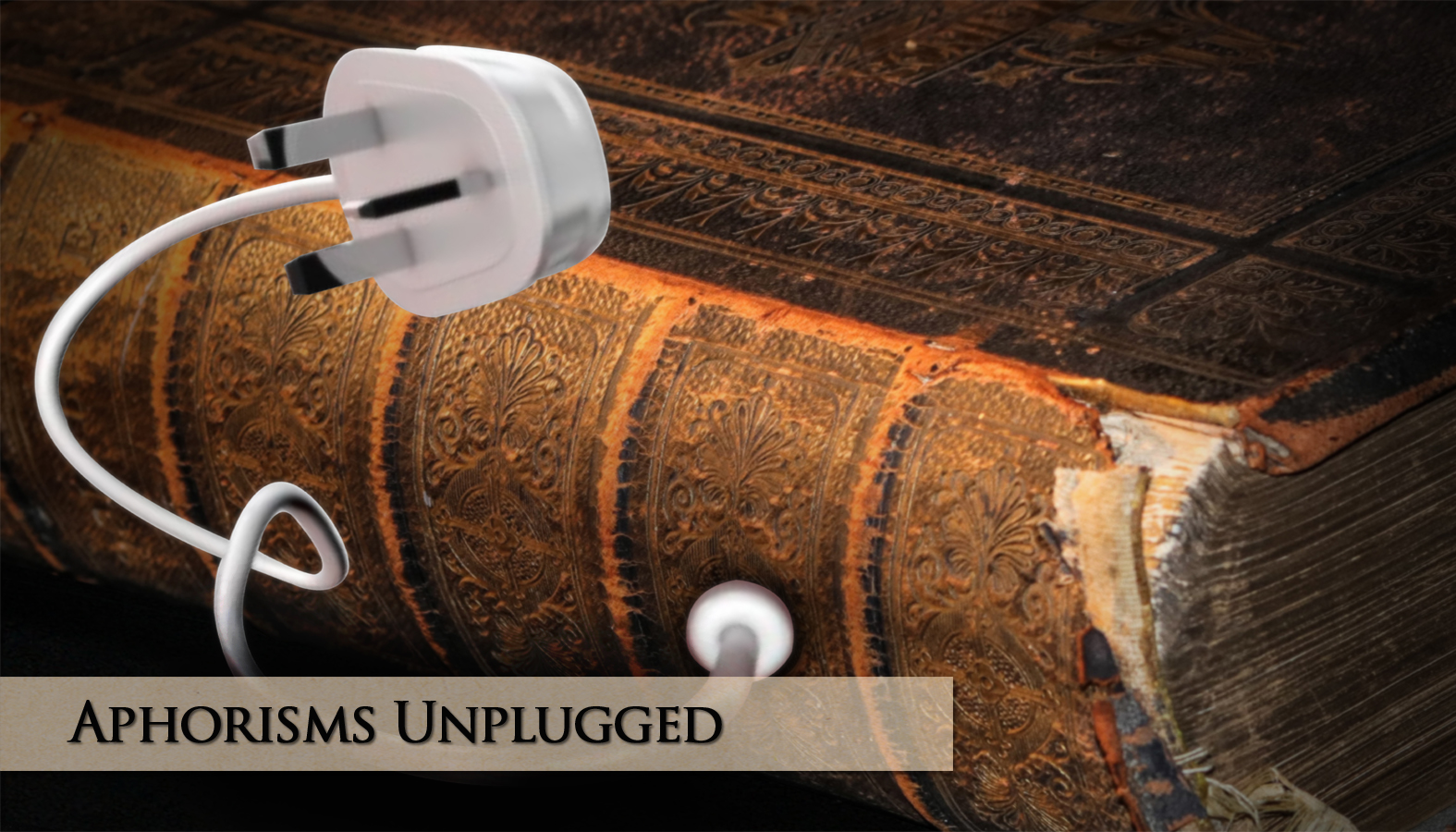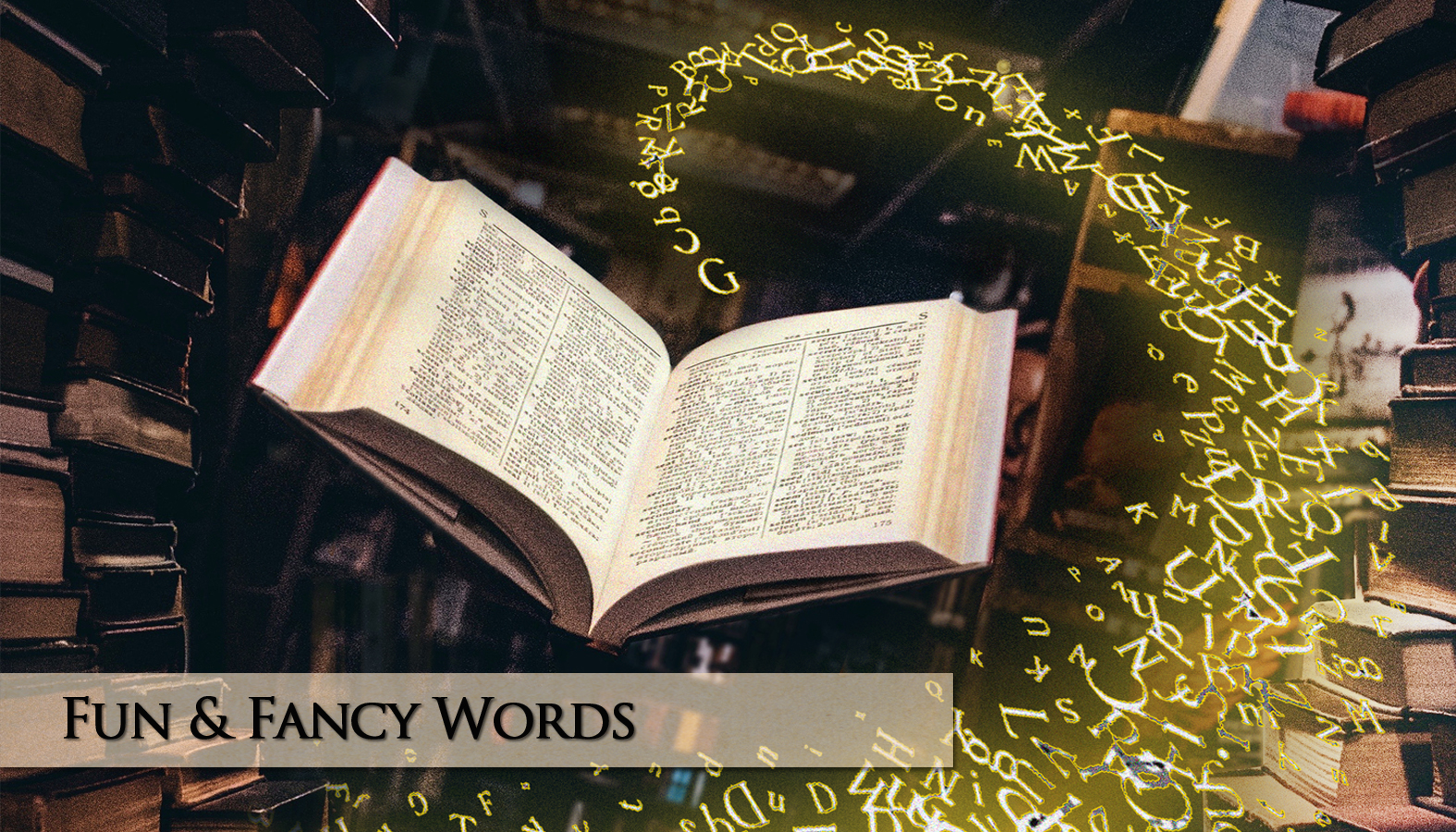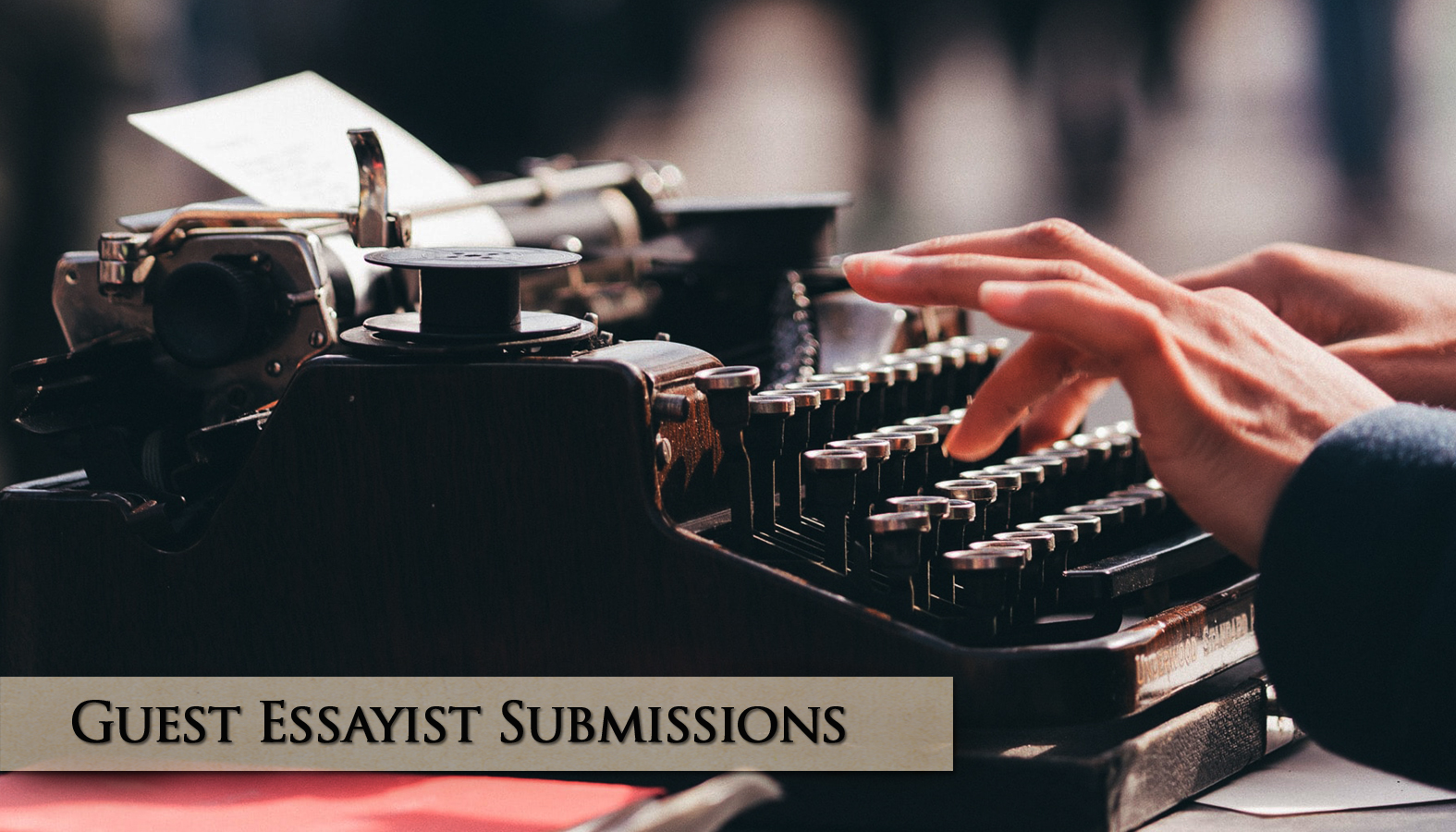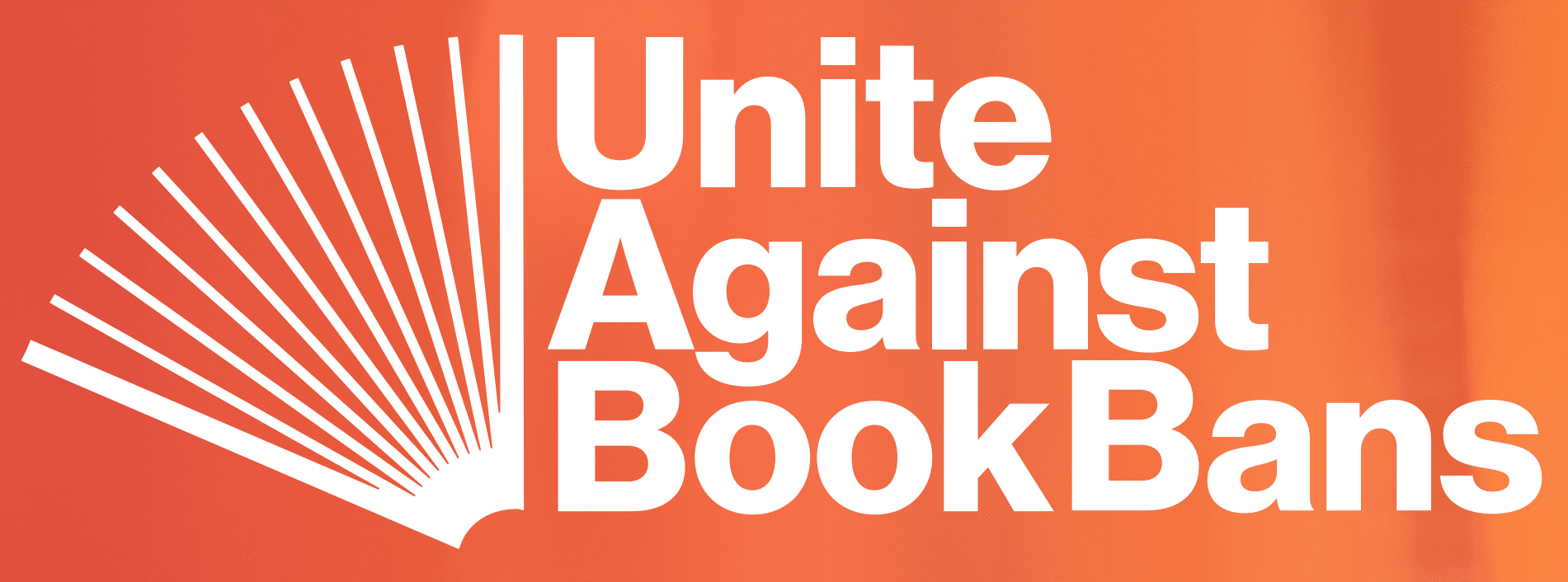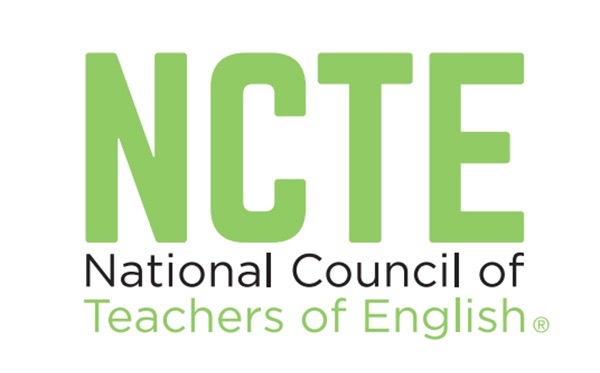November 1st is
National Family Literacy Day!
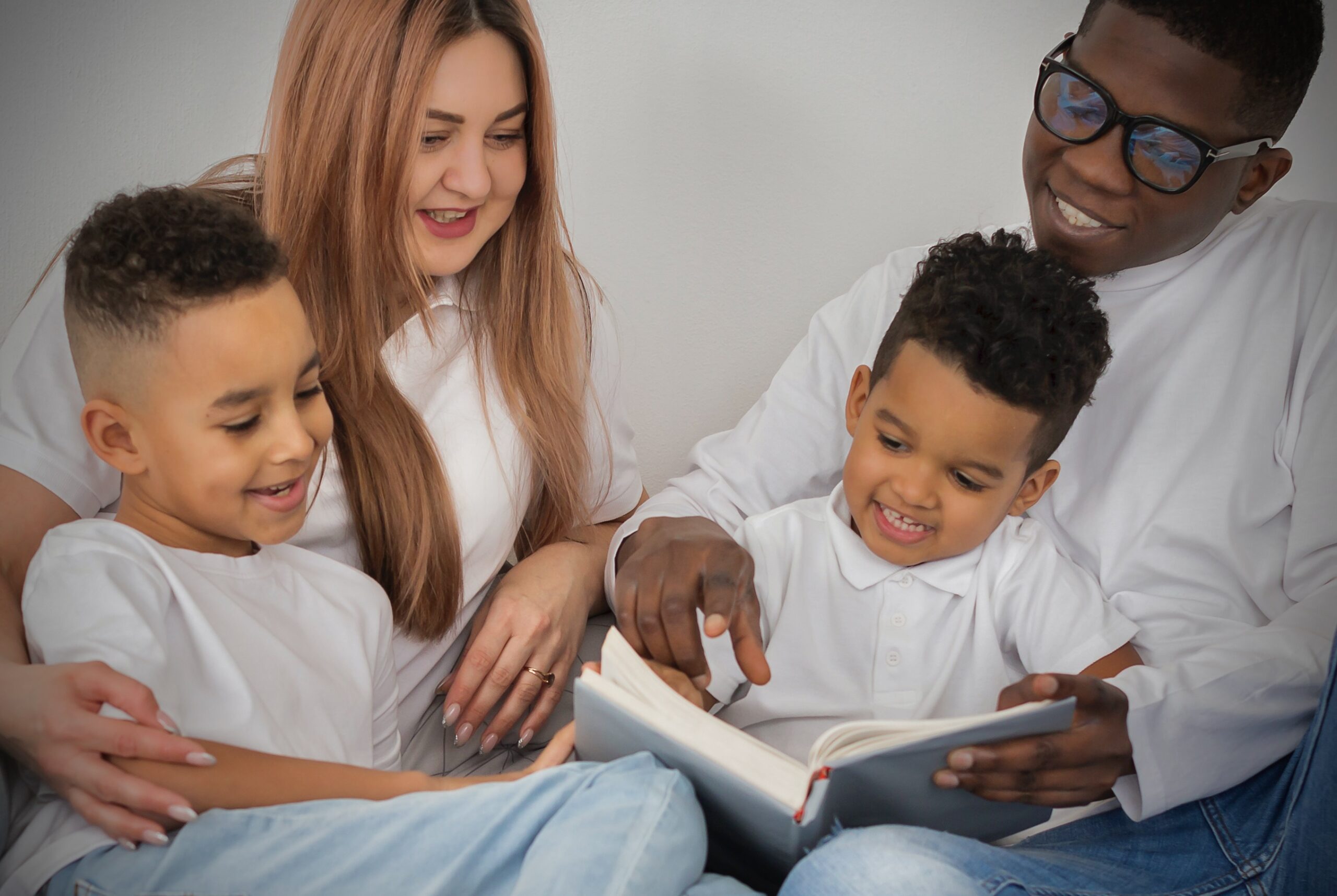
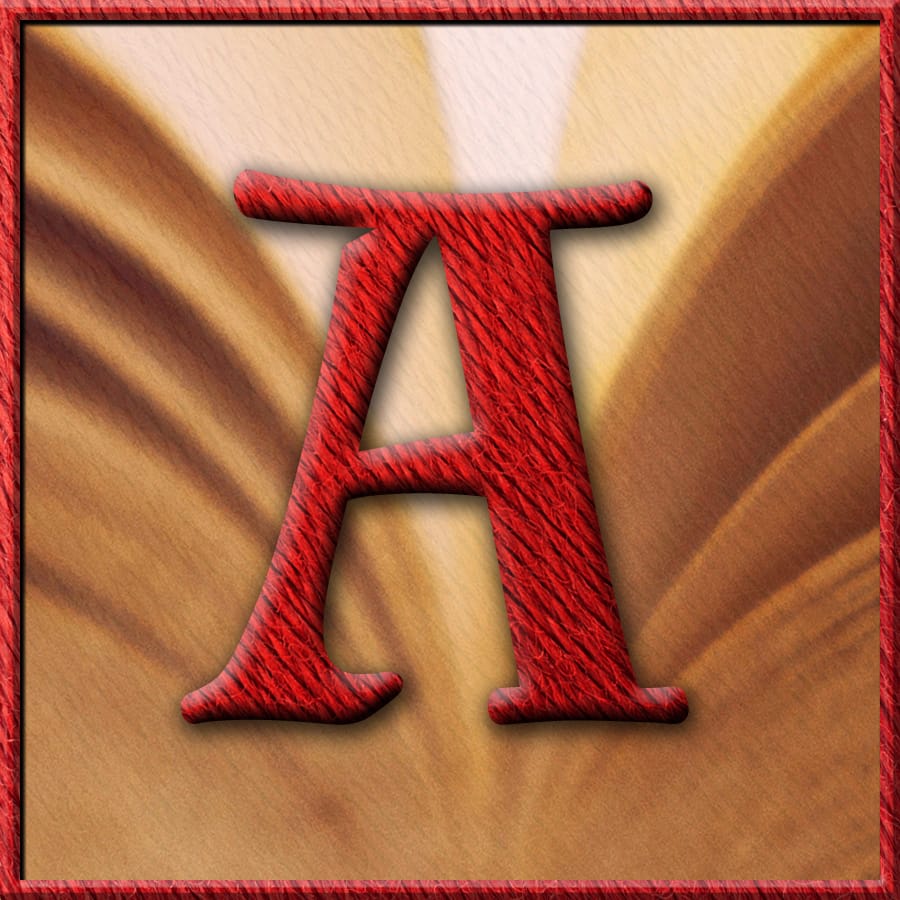 .
.
s a parent, it’s easy to get caught up in daily concerns like deadlines, finances, and health. All too often, it seems like there just isn’t time to settle down with your children and crack open a good book. So, carve out some time to read with your young ones today, or perhaps read to them.
Families have a lot to gain from reading together, and it’s never too late to start a good habit like family reading hour. Reading together not only provides valuable family bonding time, it helps your kids become better students and thinkers. And that doesn’t just apply to toddlers and kindergartners.
Over 50% of five-year-olds are read aloud to 5-7 days a week. But, this number drops dramatically with each additional year of age. The most common reason cited is that at this point “children can read on their own.”[1] But, it’s beneficial to continue reading to kids even after they become tweens and teens.
This diminishing percentage of children who are read aloud to parallels the striking drop in reading test scores between fourth and eighth grade testing brackets.
International statistics indicate that American children under the age of 10 are proficient at identifying words and summarizing the main topic of a text. By age 15, however, only 14% of U.S. children excel at reading.[2]
Reading aloud to our tweens and teens addresses a number of the issues that lead to the poor reading scores we see beyond the eighth grade.
As Susan Engel (senior lecturer of developmental psychology and founding director of the Program in Teaching at Williams College), and Catherine Snow (linguist and professor of cognition and education at the Harvard Graduate School of Education) point out, “probing conversation is key to helping children become good readers.” [3]
When kids are more engaged, comprehension improves. Reading aloud allows you to tweak their engagement by asking what they think might happen next, why a character behaves they way they do, and so on.
You can boost knowledge acquisition by talking about the work’s genre, for example, and how it connects to the era in which the writer lived. And, by identifying common themes between different books.
In addition, according to educator Jim Trelease, a child’s reading level doesn’t catch up to their listening capacity until about the eighth grade. As a result, reading aloud increases vocabulary.[4]
Not only do kids who are read to encounter more words than they otherwise would, they learn to recognize and pronounce them correctly. And, not surprisingly, studies show that having a large vocabulary helps students perform better in school.
In a world filled with fast-paced games and television shows, reading aloud to our children helps them develop an increased attention span. By virtue of the slower-paced medium, they learn to slow down, focus, and concentrate.
Needless to say, reading aloud to your children no matter their age, is in itself a bonding experience. But it also allows you to talk about difficult subject matter in a safe place, some of which (like bullying) they may be experiencing themselves.
Unfortunately, a lot of books with such important themes may have been banned. All the more reason to read them together at home. And today’s the perfect day to get started (or resume) reading aloud with your young ones.
Here are a few suggestions, for readers
ranging from pre-school to middle-school.
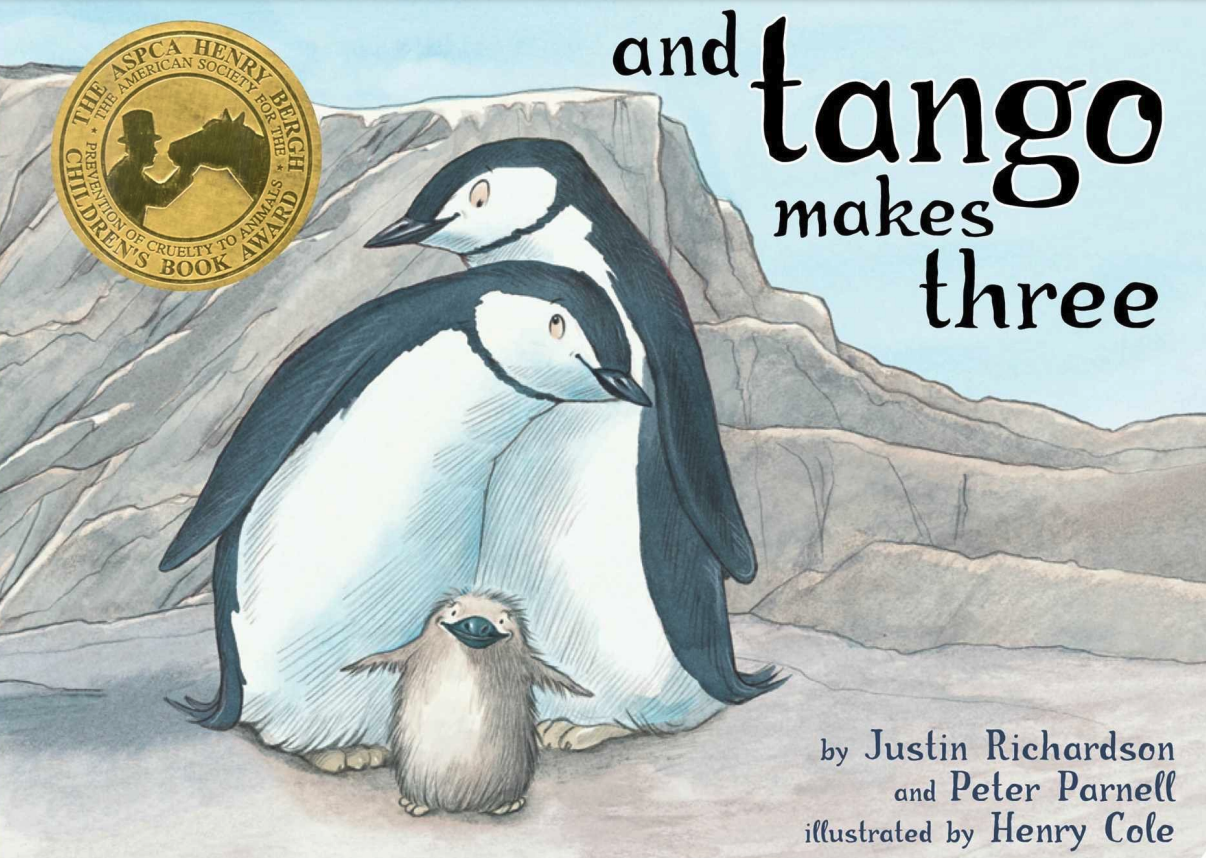
And Tango Makes Three:
Banned for LGBTQ+ themes. This picture book tells the true story of two male penguins at the Central Park zoo adopting an orphaned chick, which demonstrates a non-traditional family dynamic.
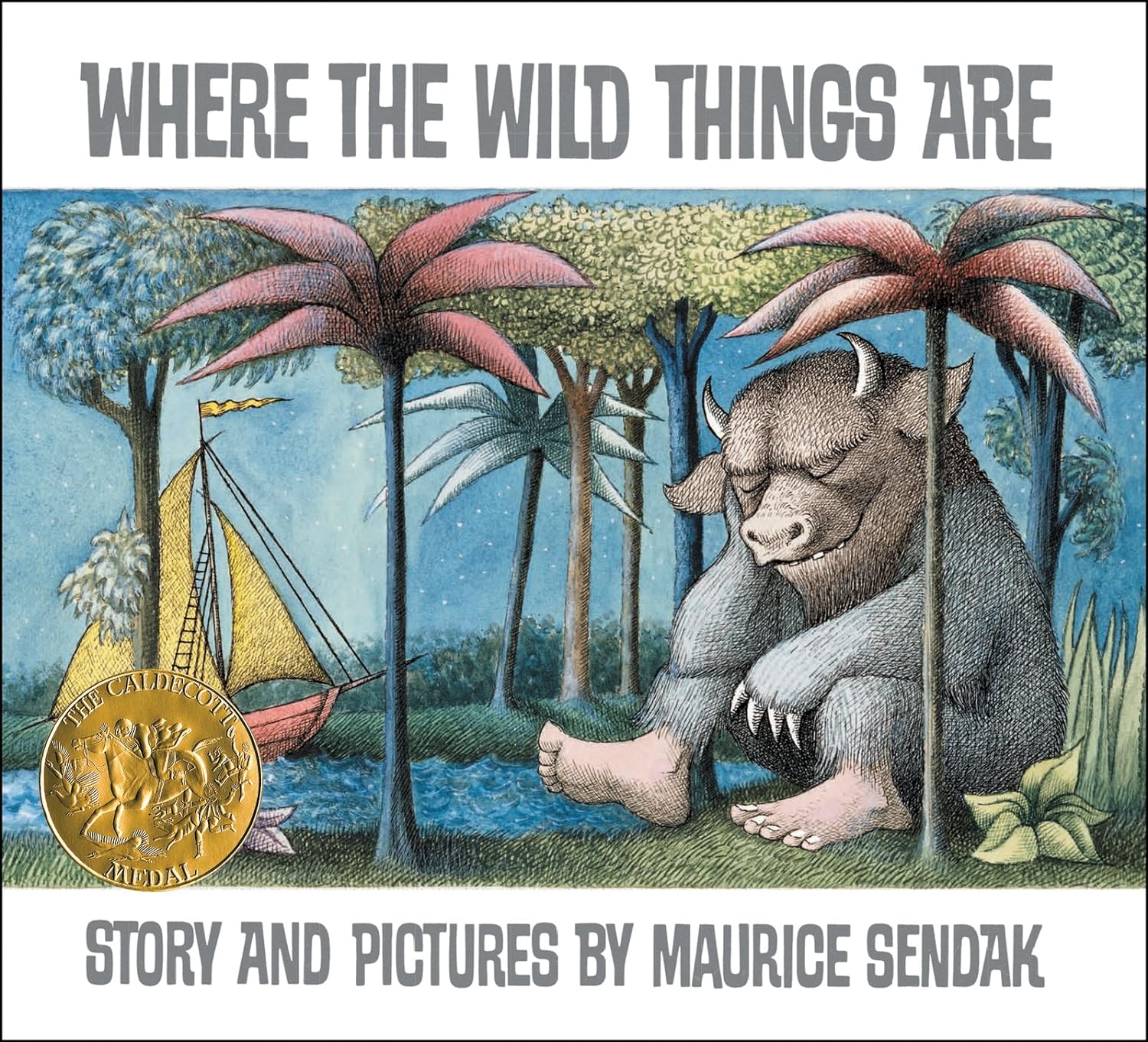
Where The Wild Things Are:
Banned for being “too dark,” and having a child who yells at his mother. Max dresses up in his wolf costume and causes havoc in the house, so his mother sends him to bed. Max then travels to an imaginary island where “The Wild Things” live. They share a rumpus with Max, and name him king.
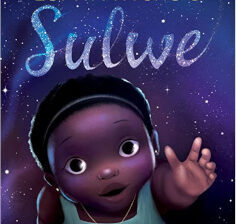
Sulwe:
Banned while under review for topics revolving around race. Sulwe’s skin is darker than the rest of her family’s. She’s darker than everyone else in her school too. Sulwe wants to be beautiful like her sister and mother. Then, a magical journey into the night sky allows her to see her own unique beauty.
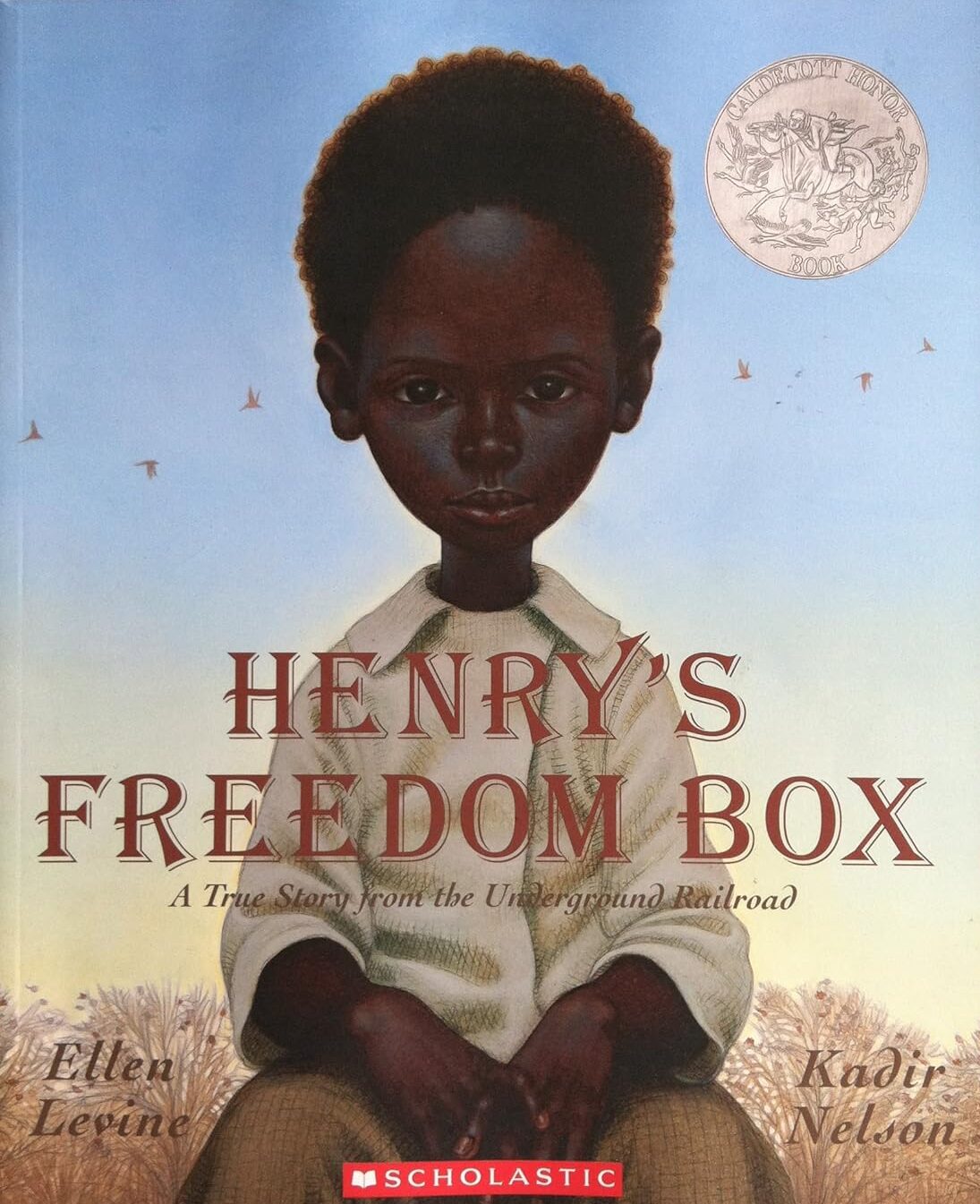
Henry’s Freedom Box, a true story from the underground railroad:
Banned for racial themes. Henry Brown doesn’t know how old he is because nobody records slaves’ birthdays. He constantly dreams about freedom, but he’s separated from his family and put to work in a warehouse. Henry grows up and has a family of his own but they’re sold too, leaving him alone again. His dream of freedom seems farther away than ever. That is, until he uses a crate at the warehouse to mail himself to the North, where Henry finally has a birthday… his first day of freedom.
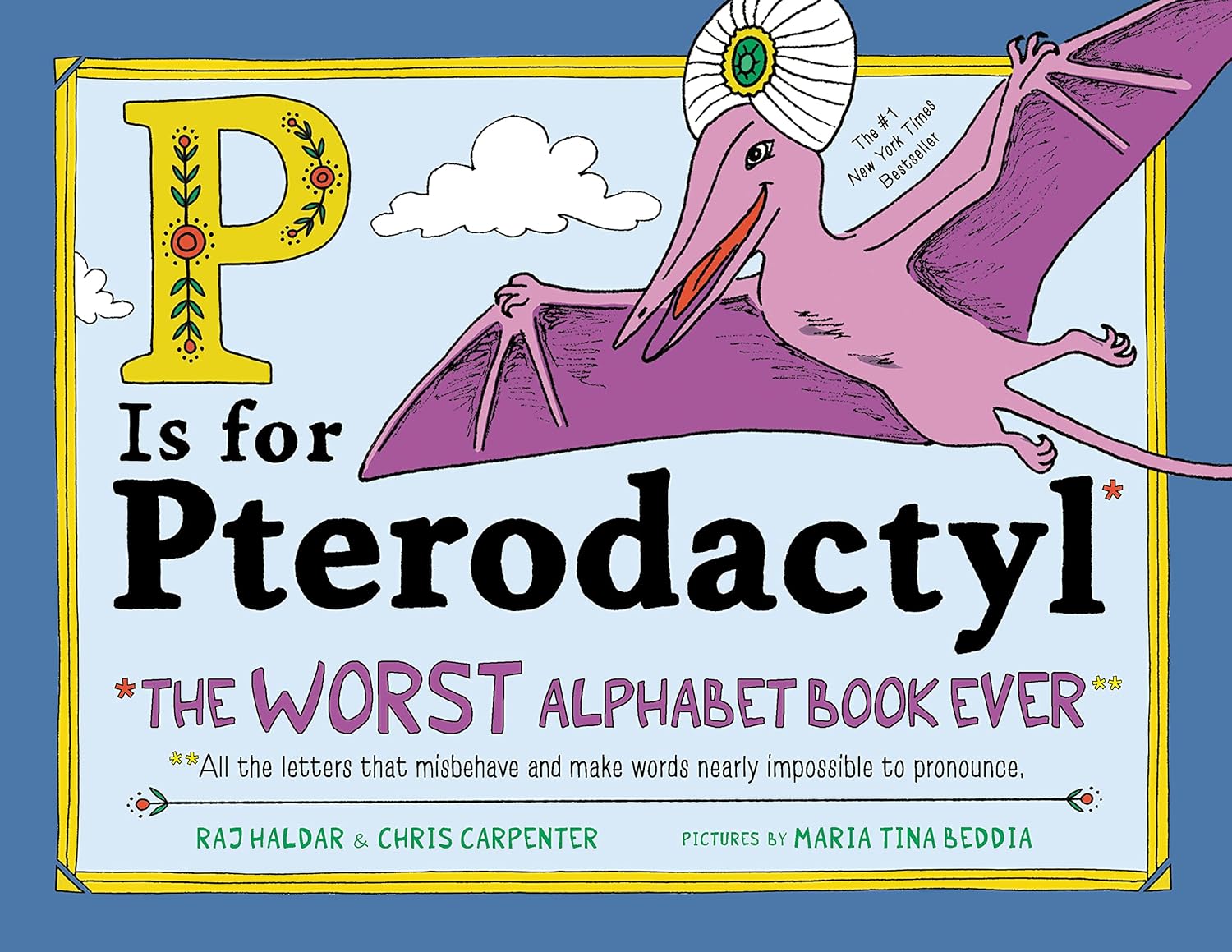
P is for Pterodactyl, the worst alphabet book ever:
Banned for occult imagery (O is for ouija). A raucous A-Z tribute to anomalies and quirks of English pronunciation and spelling. It’s full of alliteration, playful puns, and whimsical artwork. It’s a delight for word lovers, and perfect for a family read aloud.
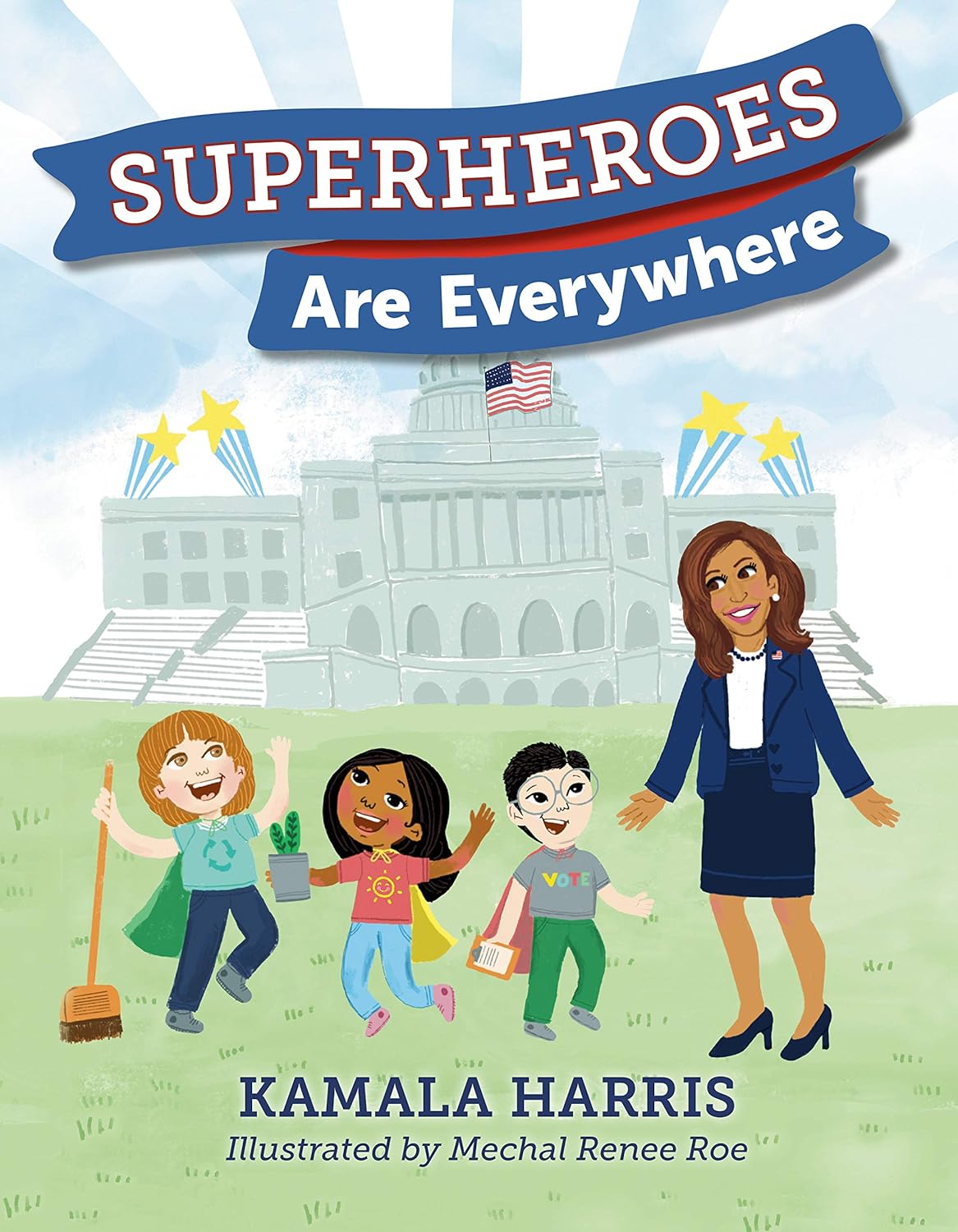
Superheroes Are Everywhere:
Banned for objectionable politics. Before she became a district attorney and a United States senator, Kamala Harris was a little girl who loved superheroes. She found superheroes wherever she looked, among her friends, in her family, and down the street. Those superheroes showed her all you need to do to become one is to be the best you can be… because the power to make the world a better place is in all of us. For specifics on how to become a superhero, check the fun guide at the end of the book.
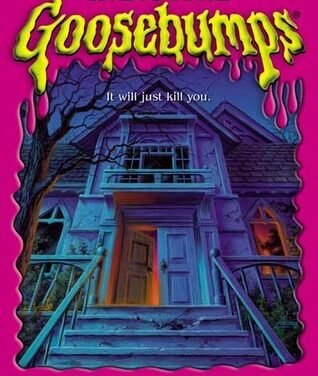
The Goosebump Series:
Banned for being too scary. Goosebumps is a series of horror novels, where the protagonists are tweens or young tweens. They consistently find themselves in frightening situations, frequently involving the paranormal, or supernatural. It’s important to note a couple of common themes. Children face hair-raising situations, and use their wits and imagination to escape them. Not to mention triumphing over the evil they encounter. Maybe they’re just too scary for adults.
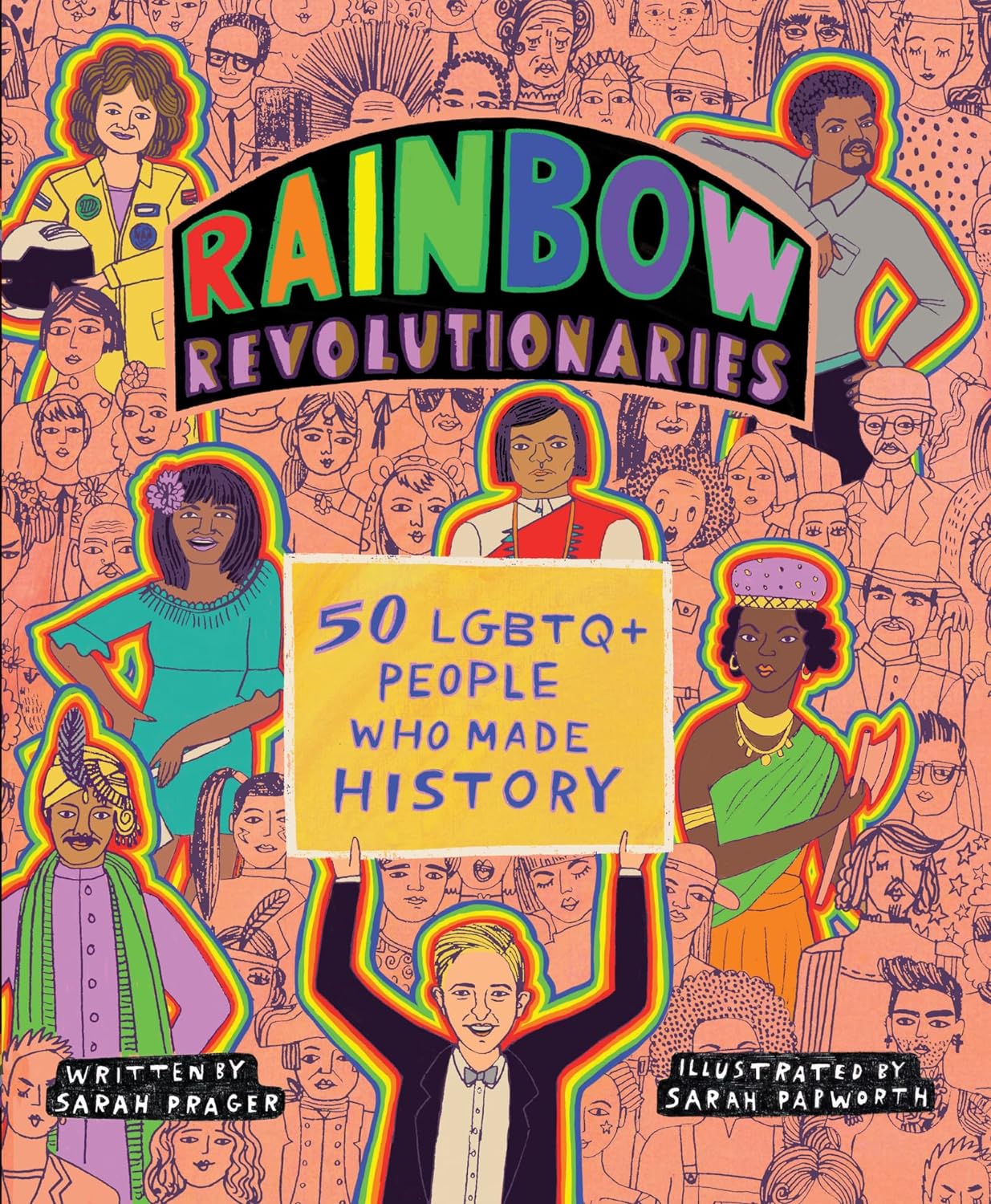
Rainbow Revolutionaries:
Banned for LGBTQ+ themes. Rainbow Revolutionaries highlights the dynamic histories of fifty pioneering LGBTQ+ individuals from around the world. People like Alan Turing, Frida Kahlo, Alexander the Great, Al-Hakam Il, and Harvey Milk. This significant collection of biographies also features a timeline, map, and a glossary. It’s the perfect book, not only for Pride month but the rest of the year too.
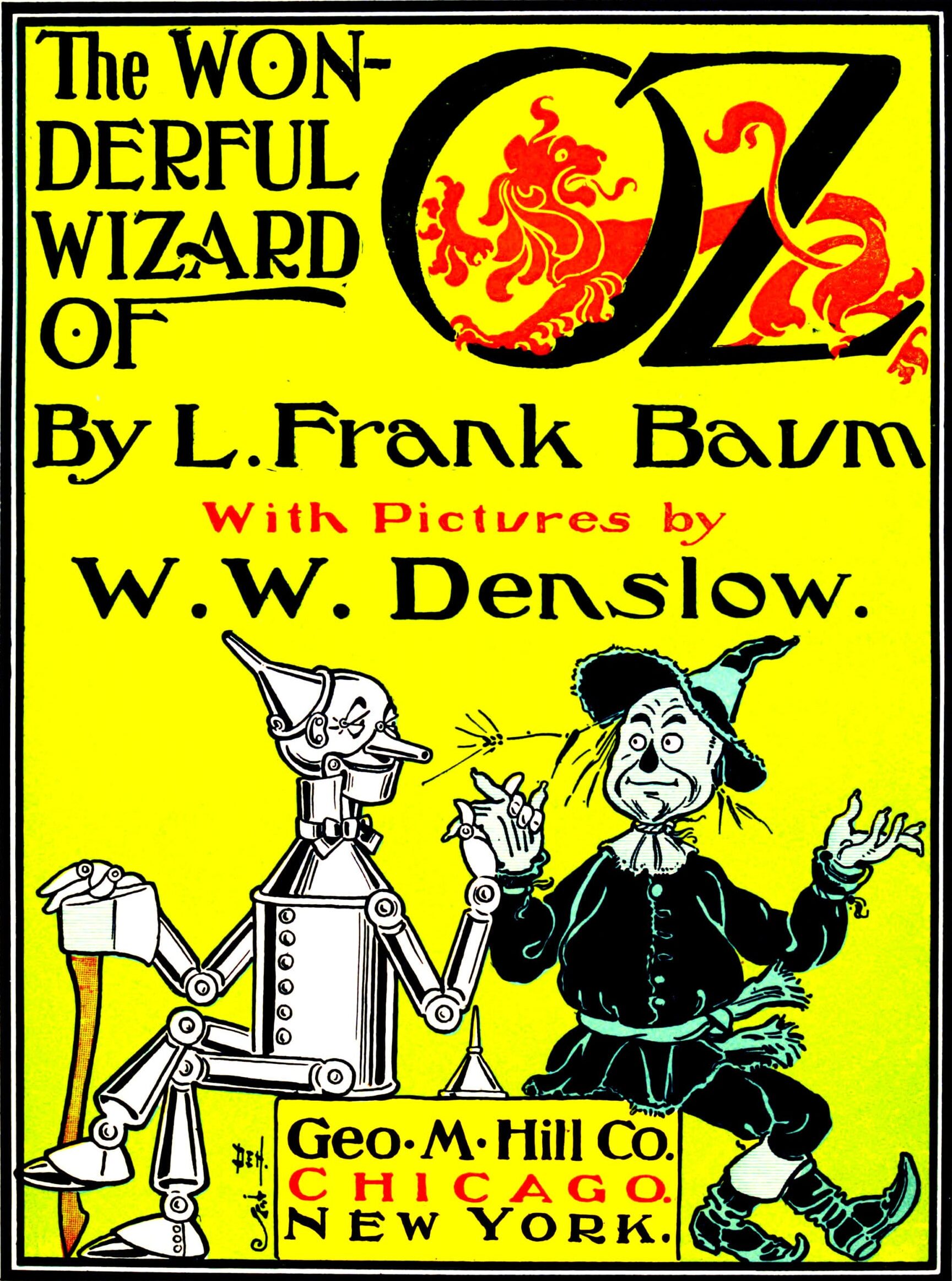
TheWonderful Wizard of Oz:
This classic was banned because some of the witches are good. And because the story has a strong female protagonist. Most of us know the story. A Kansas farm girl named Dorothy gets swept away in a a cyclone (along with her little dog Toto), and ends up in the magical Land of Oz. But L. Frank Baum’s book differs from the film in significant ways, which in itself is a great reason to read it. Because Dorothy learns a lot more hard-won lessons than “there’s no place like home.”

Endnotes:
[1] Kids & Family Reading Report. 7th Edition. The Rise of Read-Aloud. Scholastic, 2019.
[2] Susan Engel and Catherine Snow. “Our kids aren’t good readers. Here’s the reason.” Washington Post Opinion. October 4, 2023. https://www.washingtonpost.com/opinions/2023/10/04/reading-comprehension-knowledge/
[3] Susan Engel and Catherine Snow. “Our kids aren’t good readers. Here’s the reason.” Washington Post Opinion. October 4, 2023. https://www.washingtonpost.com/opinions/2023/10/04/reading-comprehension-knowledge/
[4] McMahon, Regan. “10 Reasons You Should Read Aloud to Big Kids, Too.” January 30, 2020. Common Sense Media.
https://www.commonsensemedia.org/articles/10-reasons-you-should-read-aloud-to-big-kids-too



